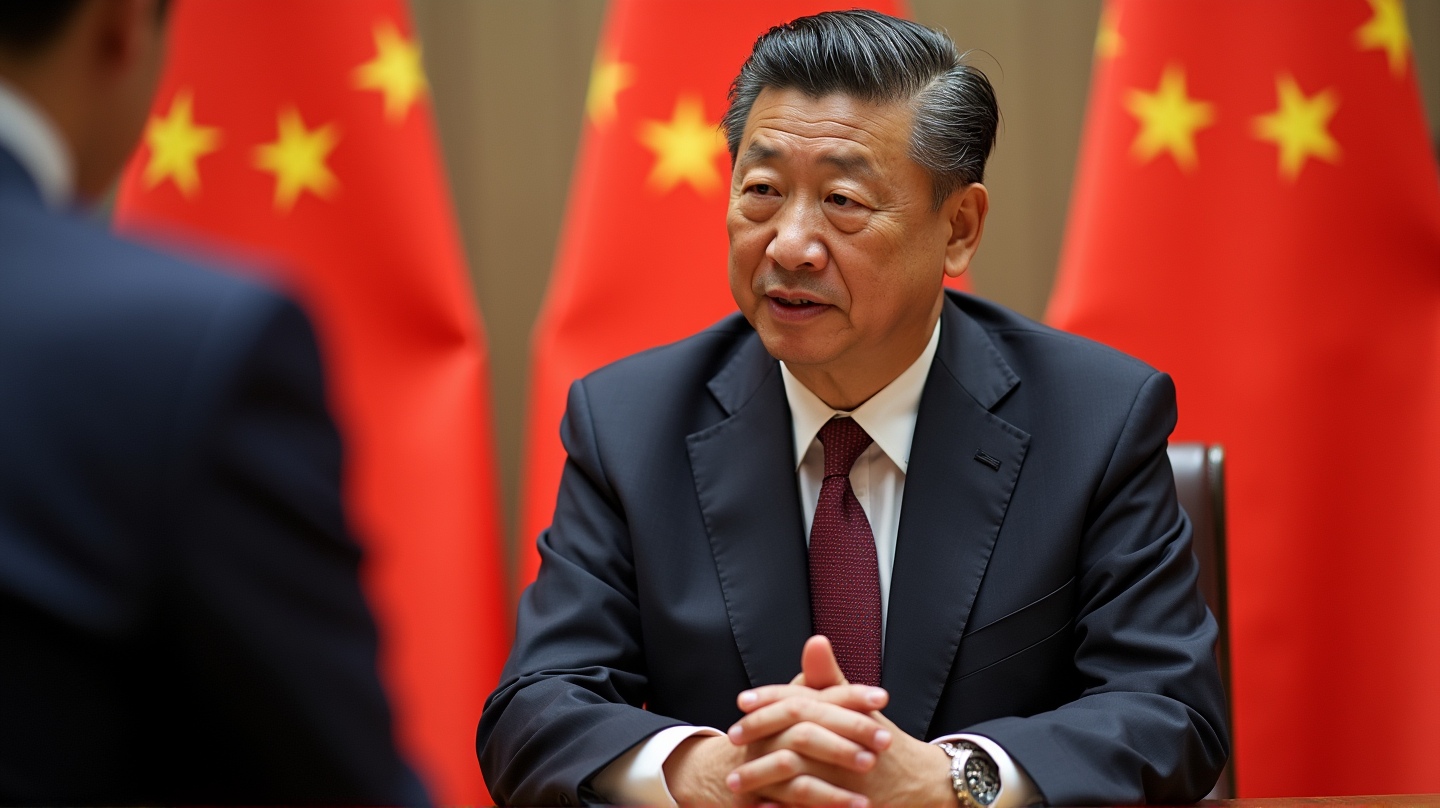Rising Discontent
In an atmosphere fraught with diplomatic unease, Chinese Premier Li Qiang has opted not to meet with Japanese Prime Minister Sanae Takaichi at the upcoming G20 summit in South Africa, as disclosed by the Chinese Foreign Ministry. This development comes on the heels of escalating tensions resulting from Takaichi’s recent comments on Taiwan, which Beijing perceives as a provocative undermining of its sovereignty.
Separate Paths at G20
Despite Japan’s hopes of facilitating dialogue to mend the rift that has begun to impose substantial effects on both nations’ travel industries and cultural exchanges, China’s Foreign Ministry has made it clear that no such meeting will take place. This decision crystallizes the frostiness between the two powerhouses over an increasingly sensitive Taiwan issue.
Diplomatic Chess Game
The tension was ignited when Japanese PM Takaichi declared in parliament that any military move against Taiwan could present an existential threat to Japan, insinuating a potential defensive stance. Beijing’s retort was swift, summoning Japan’s ambassador in protest and urging Tokyo to retract the remarks. A Japanese diplomatic officer is currently in China attempting to smooth this diplomatic crisis, emphasizing that Japan’s official stance remains unchanged since the 1972 joint communique recognizing the People’s Republic of China as the legitimate government of China.
Echoes from the Past
The uproar has tossed Japan and China back into diplomatic turbulence reminiscent of past disputes over territorial claims in the East China Sea. Adding fuel to the fire, a vitriolic social media post by a Chinese diplomat further outraged Tokyo, escalating mutual recriminations. Meanwhile, exchanges on cultural and educational fronts have also been adversely impacted, with canceled events and postponed film releases pointing to a deterioration of Sino-Japanese rapport.
Local and Global Reactions
Within this context, Taiwan’s President Lai Ching-te has urged restraint, calling for responsible actions expected of a global power like China. His comments underline the broader regional anxiety over possible destabilization in the Indo-Pacific region—a sentiment increasingly shared by international observers. “China should not become a troublemaker undermining regional peace and stability,” stated Lai, underscoring the regional fallout from the diplomatic spat.
Unfolding Developments
The world watches as the G20 summit unfolds, without the anticipated dialogue between Tokyo and Beijing. Concurrently, seminal forums and meetings aimed at enhancing Sino-Japanese relations have been plunged into uncertainty, postponed amid the diplomatic chill. Observers are left to ponder how these tensions might evolve, influencing not only bilateral ties but also broader regional dynamics.
In this meticulously choreographed dance of international relations, each movement is laden with significance, as nations navigate the precarious tightrope of diplomacy. The eyes of the world remain fixed on the stage set by these geopolitical actors at the G20 summit.
